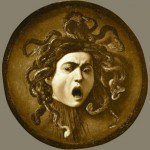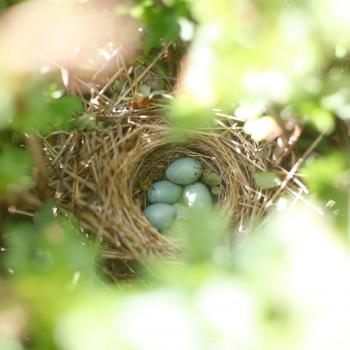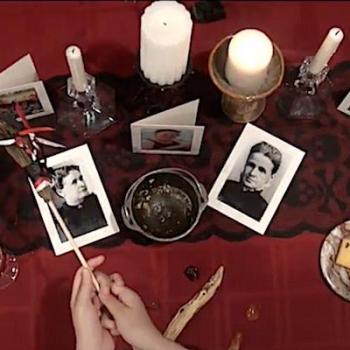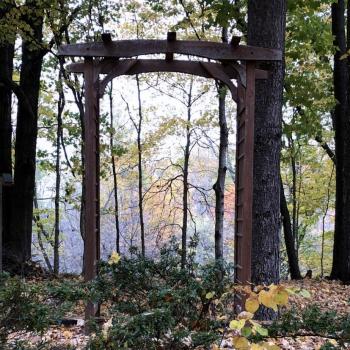Earth-centered. Earth honoring. Hippie-Dirt worshiper.
If there is one issue which more than any other is associated with contemporary Paganism, it is the fight to stop global warming and its effect on the poorest and most vulnerable, the race to save endangered species, and the protection of safe and reliable water resources- to name just a few environmental issues.
But is that all that contemporary Paganism brings to the table when it comes to the work of repairing the world?

As a Unitarian Universalist, I believe that each of the world’s religious traditions hold a piece of the truth encoded in their DNA. Whereas contemporary Paganism may have arose and flourished during a time when awareness of the earth’s peril was increasing, our Pagan genetics- our unique set of inherited gifts, does not mean we are “one trick” ponies.
We who inhabit the label “Pagan” are more than just earth-centered. We inherit from our Paleo-Pagan ancestors a host of values, traditions, and structures, attested to in the lore and described in literature, archaeology, and, of course, the faint whispers of our ancestors. These rich treasures can help us frame all kinds of responses to a range of contemporary issues. When we drink from this well – indeed, when we work to share it- we do not just broaden our own spiritual practice- we inspire the faiths of others as well.
For example, I have heard from Pagans involved in doing inter-faith work that contemporary Pagans are know for excelling at creating spontaneous ritual- the kinds of worship experiences that can help break down barriers and connect people who need to speak symbolically across faith divides. When our rich imaginations are deployed this way, they can be a tremendous asset to the work of all faith communities.
Tribal societies often value their elders as repositories of history and identity. Can you imagine how this and other countries would change if we re-thought elder care, and created pathways for generations to learn from one another? What if we replaced the nursing home with more inter-generational neighborhood center? What kinds of solutions could arise from such places?
Another value of Paganism is hospitality. What is owed to the stranger? What is owed to those who are our kin and our neighbors? This was such a strongly held value in Irish tribal society, for instance, that Bres, an important figure in Irish mythology, was brought down largely by rumors spread by poets about his poor performance in this regard.
These Pagan ways of knowing are just the beginning.
A sense of wonder… an awareness of the interconnected web…and, of course, a belief in the transformative power of deep relationships with the cycles of the earth. These are just some of the the hallmarks of our Unitarian Universalist faith, and, of course, of contemporary Paganism.
The question is- how are you called to act on them?

















